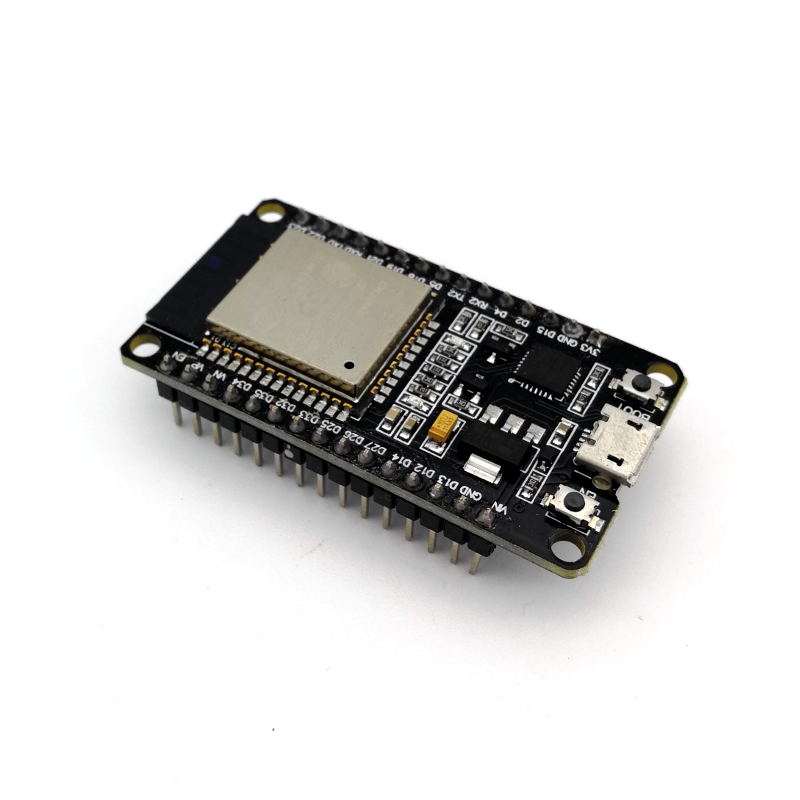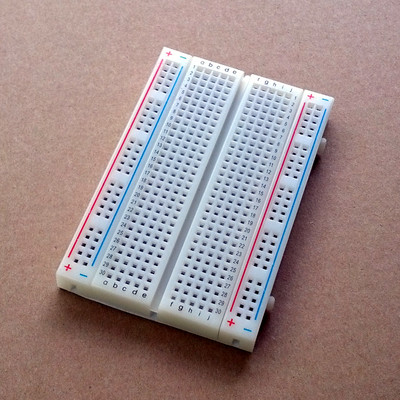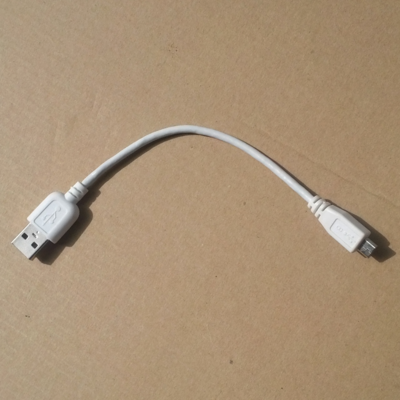
ESP32 WiFi and BT Development Board
| Quantity | Price per item | Discount |
| 5 items | RM27.00 | 16% off |
ESP32 is the successor to ESP8266 - a highly popular and low cost WiFi microcontroller. ESP32 brings higher performance and adds many new functionalities and includes both WiFi and Bluetooth wireless communication. It is perfect for most IoT projects.
This is an ESP32 development board with a USB-to-UART interface. It is also known as DOIT ESP32 DEVKIT. It is a good starting point to familiarize yourself with ESP32 due to the easier hardware setup and better first time experience. This board aims to provide you as painless as possible experience with ESP32 and firmware development. On board, there is a ESP32 module with all GPIO pins broken out to a more manageable 2.54mm pitch headers. And then, there is the CP2102 USB-to-serial interface so that you can easily upload your codes from a PC to this board. A micro USB connector is used for for data connection as well as to power the board. So, you can use a common USB to micro USB cable (not included) to connect the board to your PC as well as to power the board.
How to develop program with this board?
To begin, you need connect it to your PC with a micro USB cable. The CP2102 USB-to-serial interface will be detected and you have to install the driver for it. Once it is properly recognized by your system, it is possible to program this board using many of the supported IDE. We have tried with the popular Arduino IDE, which we would recommend for beginners. You can find the instructions here. This board can also be programmed with MicroPython. You can try to look at here and here as a starting point. Other IDE that you can work with is Platformio. If you are familiar with Lua programming language, you can try Luanode.
The pins on board give you access to various hardware interfaces such as GPIO, PWM, I2C, 1-Wire and ADC that you can connect to sensors, switches and relays for interaction with the real world.
ESP32 features:
- Number of cores: 2
- Architecture: 32-bit
- CPU frequency: 160 MHz
- Wireless connectivity: 2.4GHz WiFi and Bluetooth
- RAM: 512 KB
- Flash memory: 4 MB
- GPIO pins: 38
- Interfaces: SPI, I2C, UART, I2S, CAN
- ADC pins:18
- DAC pins: 2
Development Board Features:
- Operating voltage: 5V via microUSB port (USB to 3.3V supply on board), GPIO pins are 3.3V
- Operating current: ~215mA
- micro USB port for power, programming and debugging
- WiFi Module: ESP32 ESP-WROOM-32 module integrated on board
- CP2102 USB to serial bridge on board
- Headers: 2 rows of 15-pin 2.54mm header with access to GPIOs, SPI, UART, ADC, and power pins
- Buttons: Flash and Reset buttons
- Interfaces: GPIO, PWM, I2C, 1-Wire, ADC
- Board dimension: 51.45 x 28.33 mm
Useful links:
- Wiki Page - tons of information, includes getting started guide
- Datasheet
- ESP32 forum


